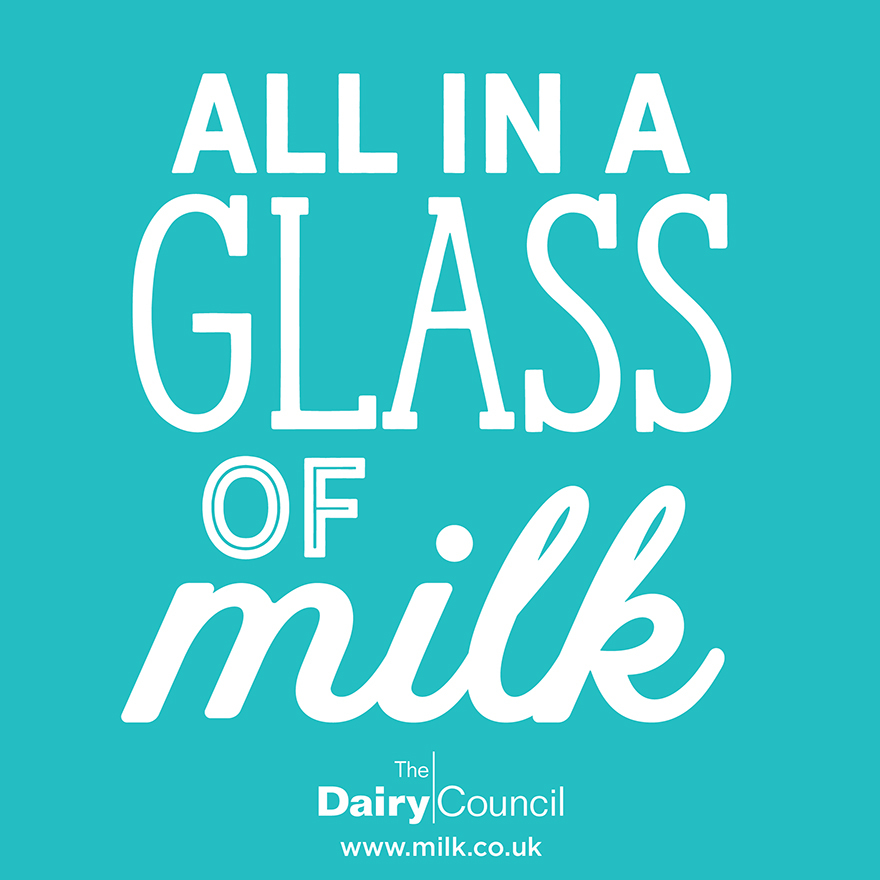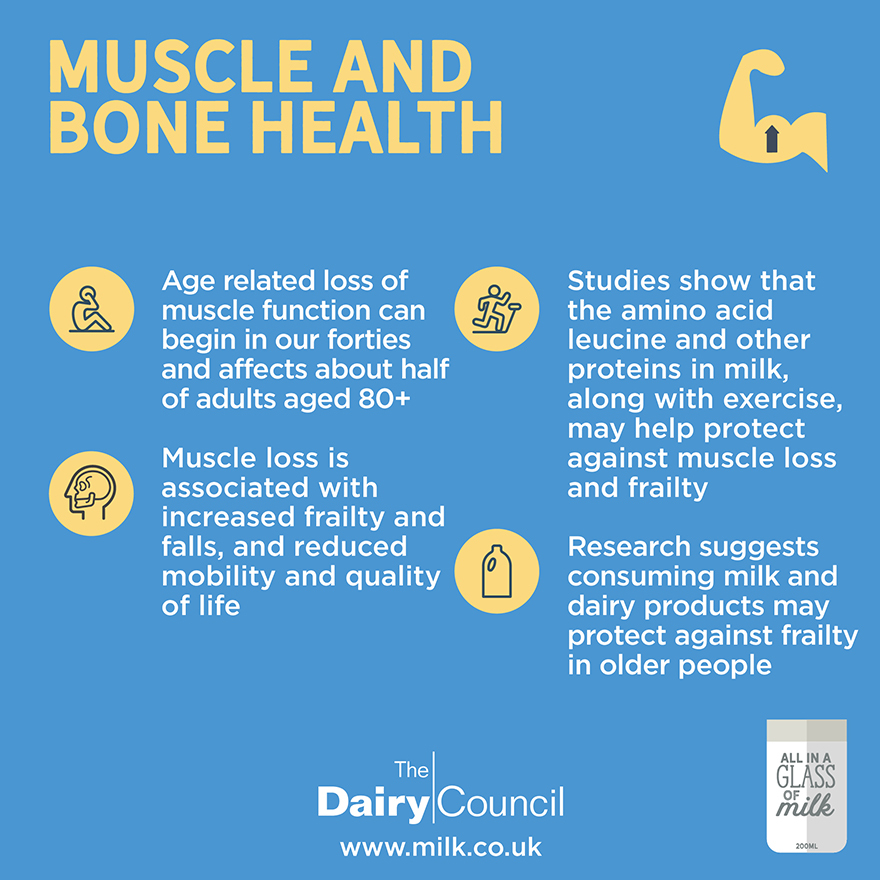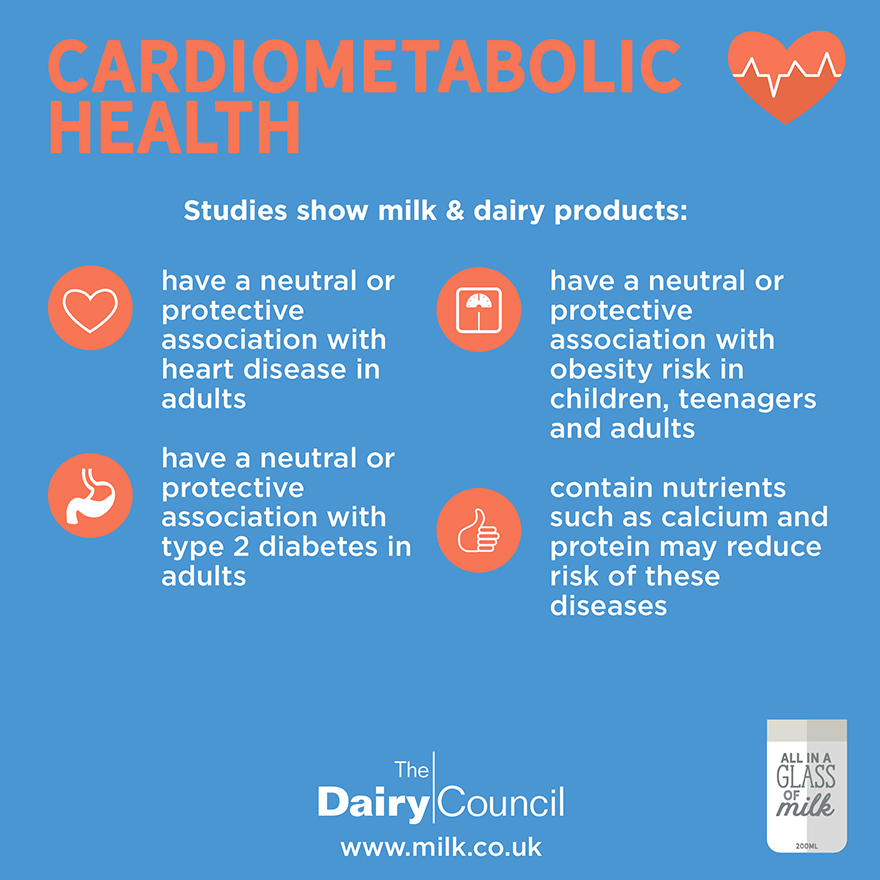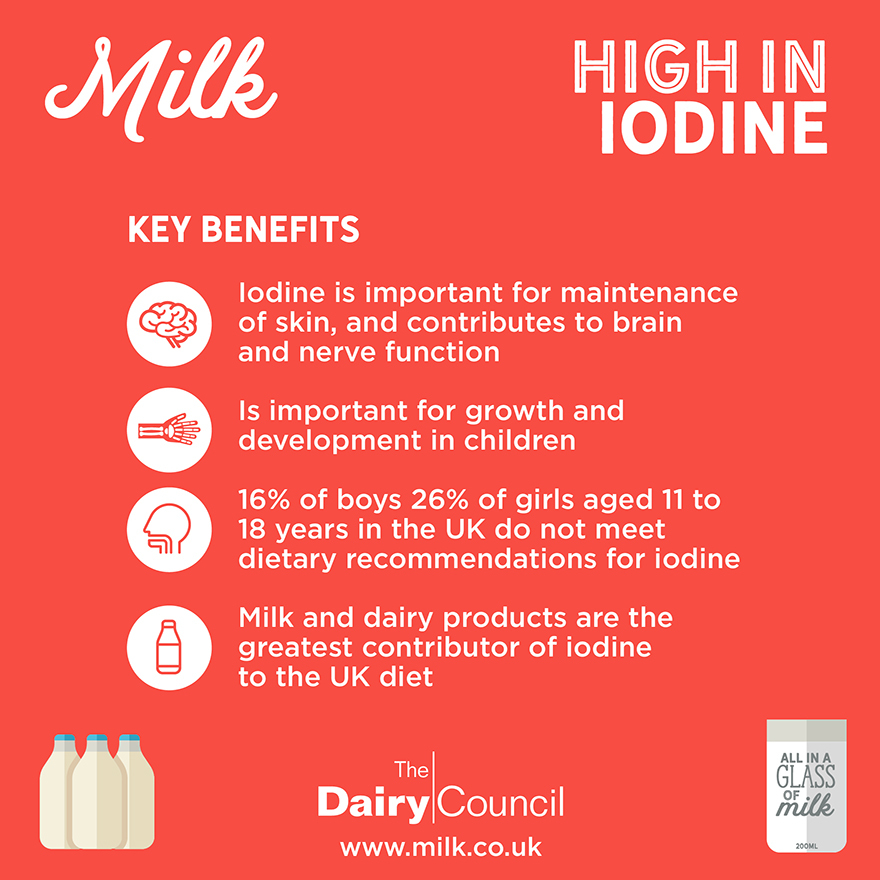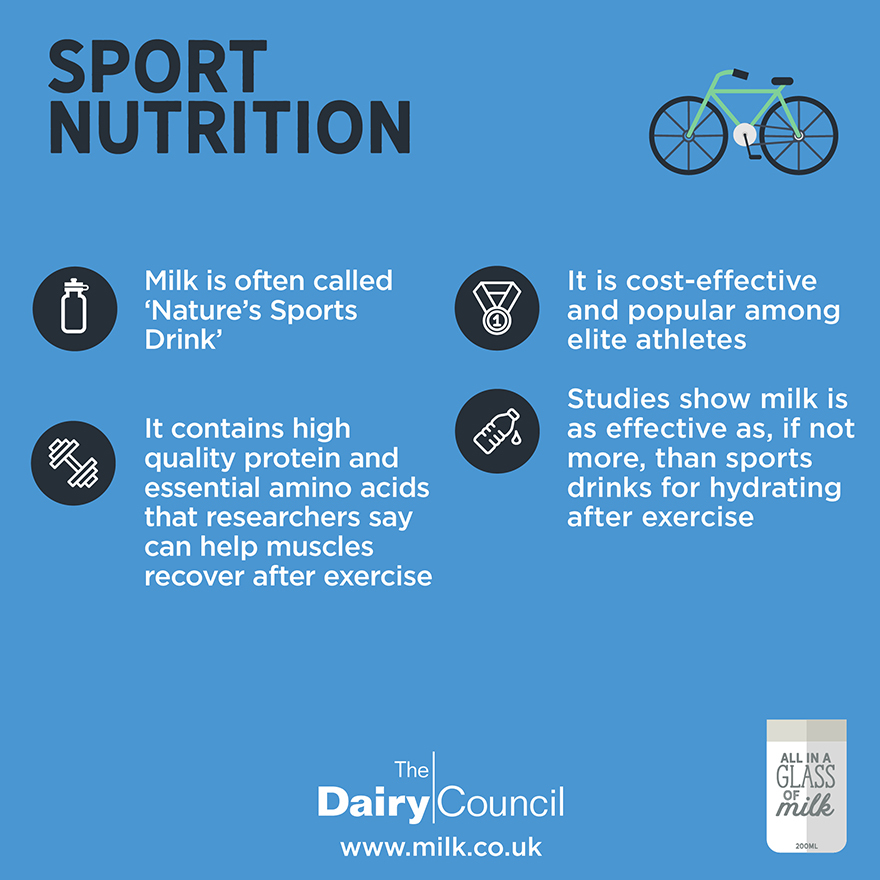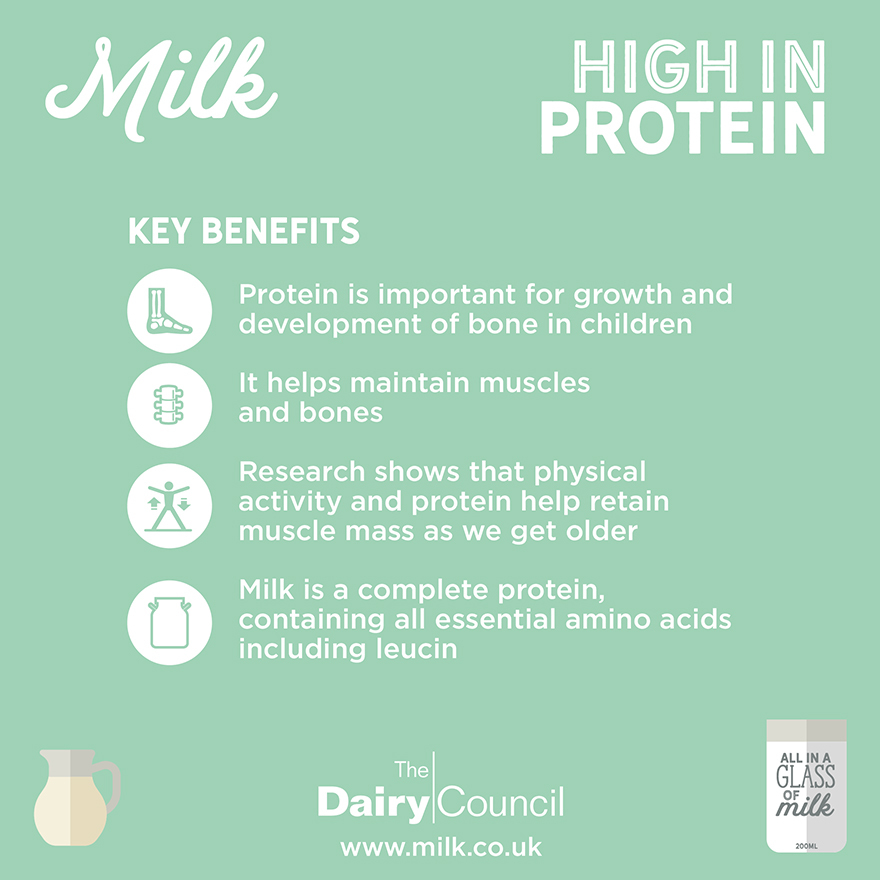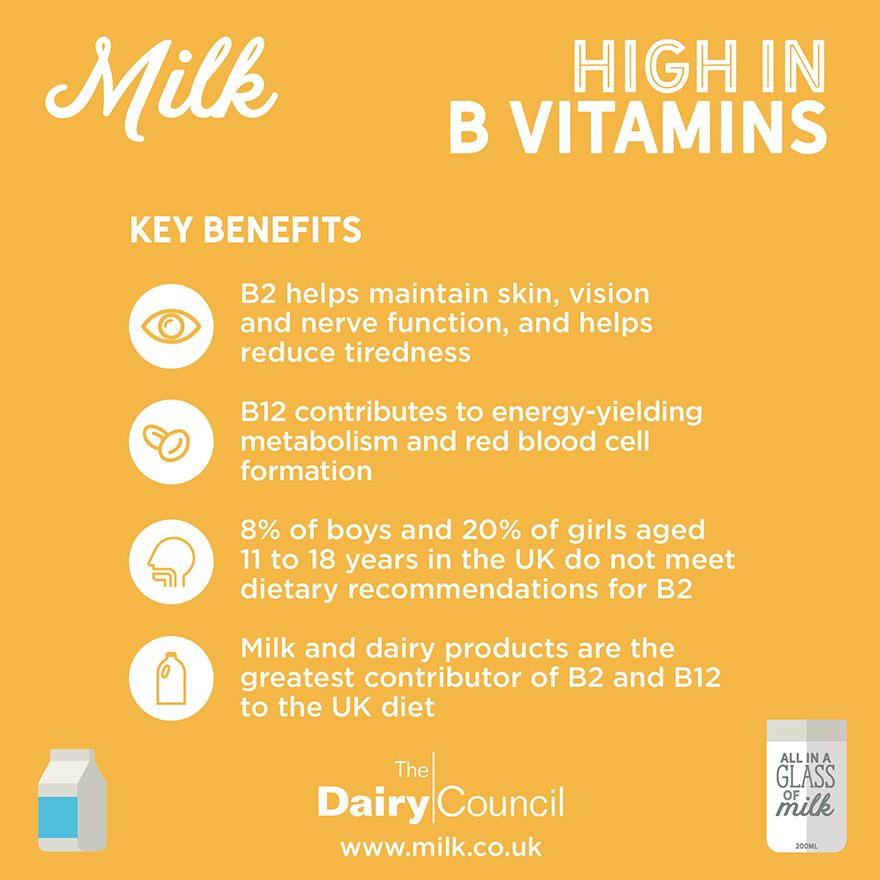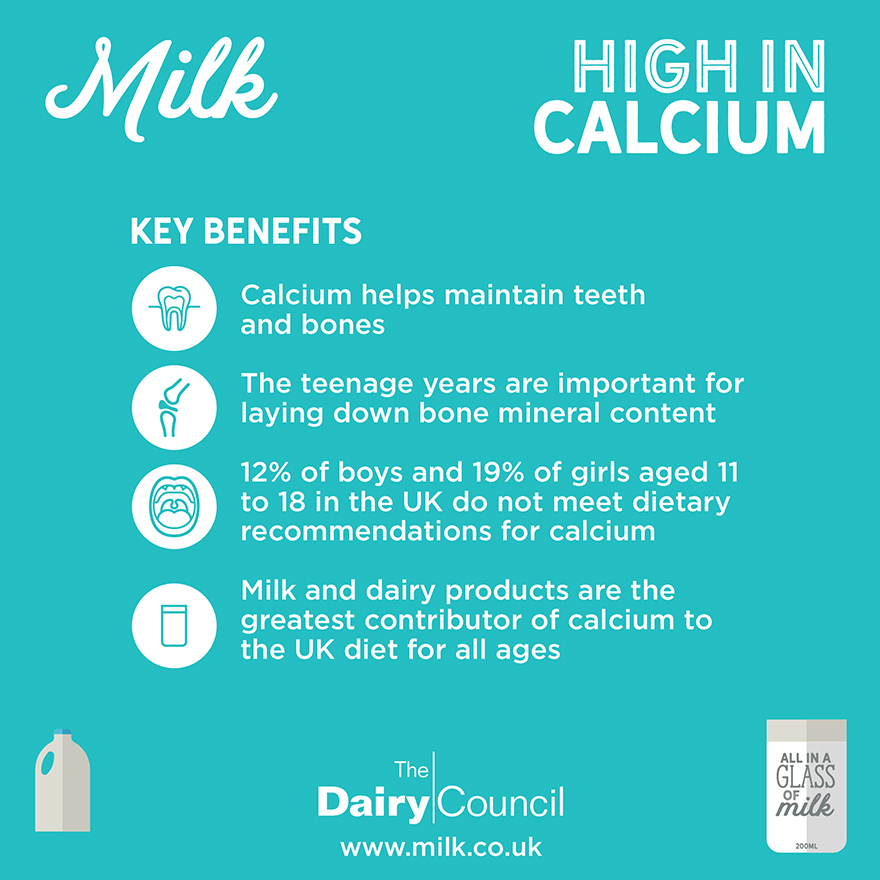A Glass Full Of Goodness
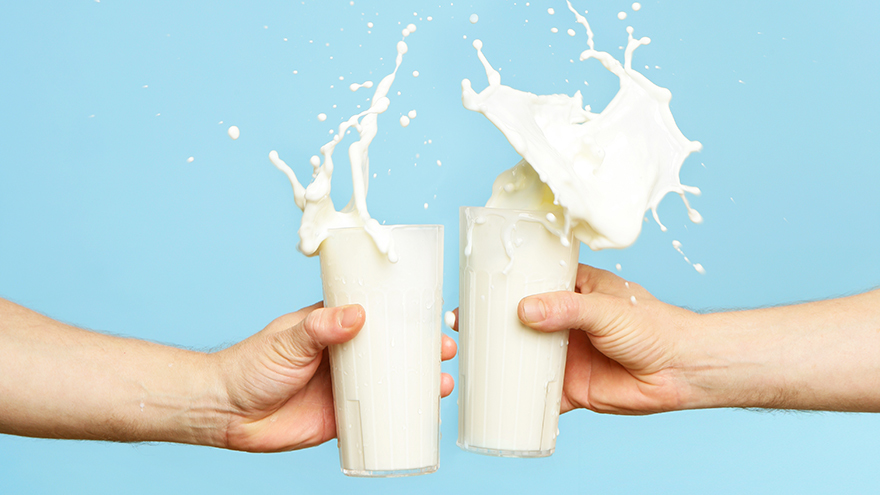
It’s World Milk Day today (Thursday 1st June 2017), and to celebrate, leading UK nutrition scientists have signed up to The Milk Manifesto – a joint declaration which sets out the lifelong health benefits of consuming milk. Milk has been an integral part of the British diet for over 11,000 years and continues to be one of the most popular drinks and ingredients in the UK. In recent years, however, milk has been misrepresented with regard to its impact on health. With the rise of self-styled and celebrity nutritionists telling us what and what not to eat, it’s time to ignore the fads, trust the science and listen to health professionals.
One key thing we need to remember as we get older is that our nutritional needs change throughout our lives, and milk can help to bridge the nutritional gap. A growing issue for public health is age-related malnutrition, and according to the Malnutrition Task Force, one tenth of adults aged 65 and over are at risk. Milk and dairy products can provide nutrient-richness (a wide array of nutrients) and nutrient-density (high amounts of a range of nutrients) to those at risk of malnutrition in a versatile, palatable and cost-effective way.
A health concern for the over 50s to be aware of is sarcopenia, which is the age-related loss of muscle mass and function. It is associated with increased risk of frailty and falls, reduced mobility and reduced quality of life. For those at risk, it’s important to increase protein consumption, especially with high quality protein which contains essential amino acids. It should also be consumed throughout the day, as opposed to at one sitting. A growing body of research suggests that the proteins and amino acids contained in milk and dairy, such as whey and leucine, can mitigate sarcopenia – in tandem with physical activity.
Throughout our lifespan, it’s essential we do our best to maintain healthy bones and teeth, and that’s where the calcium content of milk comes in. Just as when we are young, as we get older, bone health is very important. Milk and dairy foods are the greatest dietary contributor of calcium to all ages in the UK. Although we often think of osteoporosis as a disease of older age, experts have referred to it as a “paediatric disease with geriatric consequences” and therefore calcium intake during the teenage years plays an important role in our health as we get older.
Milk is also packed with riboflavin (also known as vitamin B2), which can help with normal vision and vitamin B12 which helps the immune system to function. In addition, milk is rich in iodine and contains phosphorus and potassium.
One issue that consumers sometimes worry about is the saturated fat content of milk. However, the levels of saturated fat in milk are not at all high and studies looking at food consumption have shown over and over again that consuming milk and dairy foods has either no effect or may even have a protective effect against heart disease and risk of type 2 diabetes.
Dairy is more complex than just saturated fat, and this is an important lesson. If we simply looked at single nutrients we would blacklist foods unfairly. Instead, we need to take a step back and look at all of the nutrients as a whole to appreciate the positive impact milk and dairy has on our long-term health. The importance and integral place of dairy in the diet seems to have been eroded in our society in recent years, however, milk makes an important contribution to our health across all ages. On World Milk Day, it has never been more important that the robust scientific facts about the nutrition and lifelong health benefits of dairy are recognised and celebrated.

